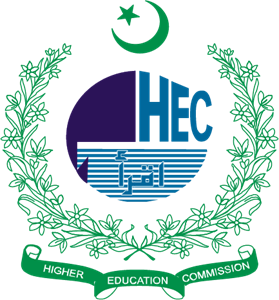Health-related quality of life: SF-36 based random survey of adults of Peshawar city, Khyber Pakhtunkhwa, Pakistan
DOI:
https://doi.org/10.52442/jrmi.v6i1.203Abstract
Introduction: Health-related quality of life (HRQOL) is an individual's satisfaction or happiness with the dimensions of life mentioned above, in the context of being affected by or affecting the individual’s health. There have been multiple standardized questionnaires developed to evaluate the HRQOL of people, and the 36-item Short Form Health Survey (SF-36) is one of them.
Objective: To assess the health-related quality of life of the general adult population of Peshawar city by use of the SF-36 survey form.
Materials & methods: A cross-sectional study was conducted in Peshawar city from March to May 2019. The sample comprised of 263 respondents aged 18 and above. Data were collected by systematic random sampling of households using the SF-36 survey form and analyzed using SPSS version 22.
Results: A total of 263 questionnaires were fully filled and valid. Of the 263, 66.9% were male (n=176) and 33.1 % were female (n=87). The age of the participants ranged from 18-70 years, with a mean age of 30.5 ± 11.3 years. The domain value for SF at 67.78, followed closely by BP at 67.54, then MH at 62.69, PF at 61.27, GH at 60.50, VT at 62.69, RP at 57.03, and the lowest value was of RE at 56.52.
Conclusion: The study revealed that the HRQOL of the population of Peshawar city was less as compared to other international studies. It showed males had a better HRQOL in all domains except one. The HRQOL also declined with increasing age.
Keywords: Quality of Life; Adult; Mental Health; Health Surveys




